Making his way with words
Line Breaks: A Writing Life
by George Galt
Montreal: Linda Leith Publishing, 2024
$24.95 / 9781773901565
Reviewed by Ron Verzuh
*
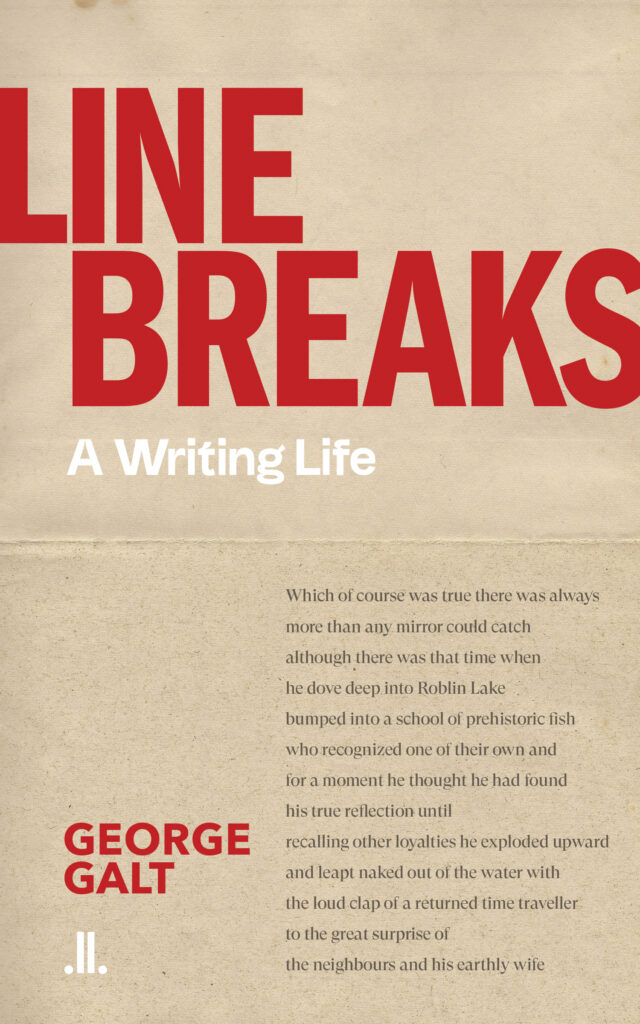
I wonder if I have a rejection slip from George Galt, the book and travel editor at the long defunct Saturday Night magazine. Like him, I was a struggling freelance writer in the 1990s. In his memoir, Line Breaks, he no doubt had his share of rejection slips and he openly recalls his early trials in establishing himself as a paid writer.
Galt places himself squarely on the writer’s side of the publishing battle. Whether it was as a young poet and short story writer, a freelance journalist or an editor, he seems to have argued the case for better writer’s fees. Later, as he became connected to the influential Toronto publishing world, he continued to promote improvements for writers at the Writers’ Trust of Canada.
He came from privilege in Montreal. An earlier relative, A.T. Galt, was a father of Confederation. His father, Thomas Galt, was president of the Sun Life insurance company. Both parents were austere Christian Science adherents and they had no time for Galt’s plans to become a writer. It was impractical, explained his father. The religion “cast a dark shadow” on the aspiring writer, seen as an “unruly boy,” and it caused much discord in the family.
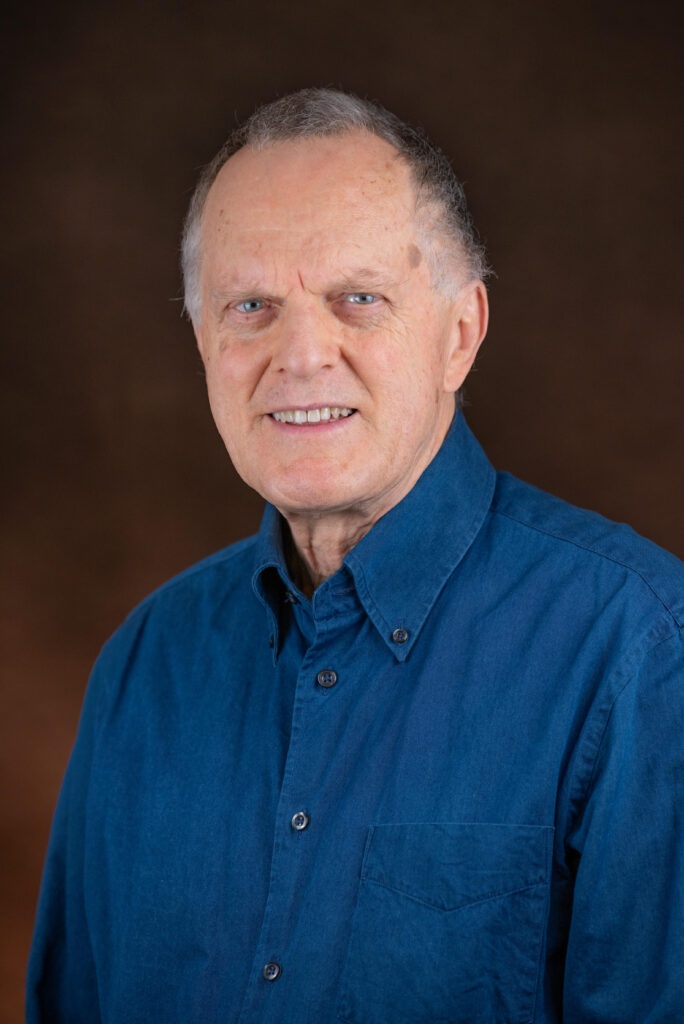
To stamp out “my ornery and uncouth tendencies,” he writes, his parents sent him to Bishop’s College, an Anglican boarding school in Quebec’s Eastern Townships. There he faced caning, “hairbrush beatings,” and the prospect of attack by a “pedophile priest.” After four years, he was accepted at prestigious McGill University but quit his English literature program after one term, finding it boring. “It killed Chaucer for me,” he recalled.
From there he enrolled at Sir George Williams University where he learned about Quebec independence from Leandre Bergeron, the separatist philosopher who served up “canned Marxism” to describe French Quebec’s second-class citizenry ruled by Anglophones. While at SGWU, the computer centre was attacked and the resulting student revolt made international news. His father was not pleased. Not long after, Sun Life moved to Toronto.
Galt went through several jobs and traipsed the country before deciding to enroll in a master’s program in library science. That didn’t take either. Nothing seemed to guide him to what he really wanted: “a life somehow filled with writing and books.”
A first marriage followed and a teaching job at Centennial College in Toronto, but that was another dead end. “Teaching forced me to admit that I was a language snob” with little patience for the bad grammar of his students.
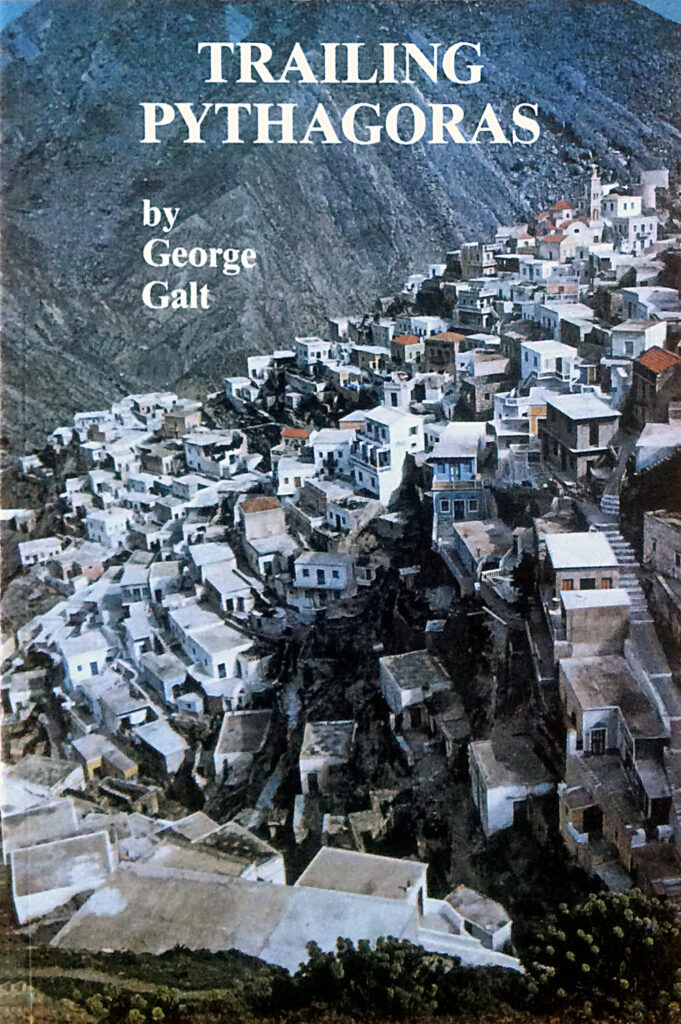
A promising job at the Heritage Canada Foundation took him to Ottawa, but he was suddenly hit by a car, knocking him out of commission and putting him in psychoanalysis for a time. His marriage now was shaky but intact enough that they spent a sojourn in Greece where Galt wrote his travel book Trailing Pythagoras. Then another sojourn in Peru.
When the couple finally settled in Ontario, his writing career got a kick start aided by his friendship with the famous poet Al Purdy. Much his junior, the two men still got along well. In fact, Purdy honoured Galt by asking for comments on draft poems. Galt confides that Purdy wanted praise, like all writers, rather than critical comment. The friendship led Galt to write Purdy’s biography, but he shelved it when the Purdys preferred not to air any dirty laundry. Purdy served as a beer-drinking buddy and surrogate father when Thomas Galt continued to shun the writer’s life that his son had chosen.
Several other encounters with large personalities led to other friendships. Interviews with British actors Peter Ustinov and Jonathan Miller, American novelist Robert Stone as well as diplomat and diarist Charles Ritchie all helped shape Galt as a writer. In Stone’s case, they also tested his drinking skills to the limit. He also befriended the CBC’s Larry Zolf, then famous for his work at the innovative public affairs program This Hour Has Seven Days.
Daughter Vanessa came along in 1982 when the Galts bought a farm on Lake Ontario. It was now clear that freelance writing was not enough to sustain a family. The marriage ended during this time and Galt lived on his share of money from the sale of the farm.
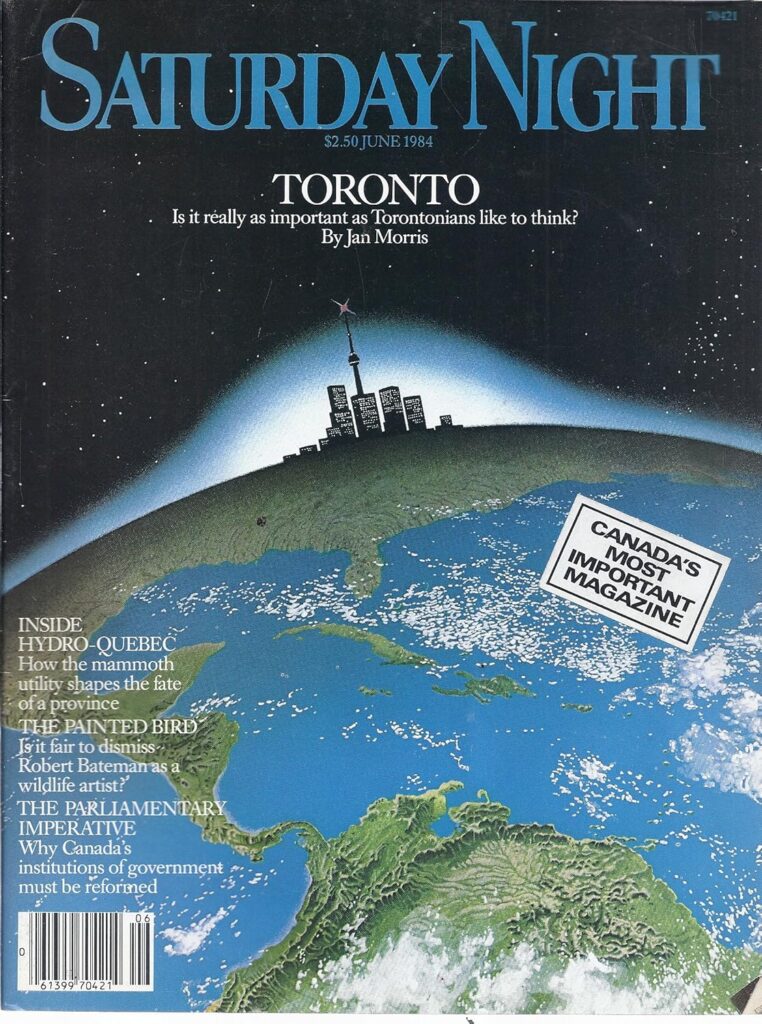
Then he got a break. Revered Saturday Night editor Robert Fulford invited him to join the magazine’s staff at $700 a week. He was in the chips though he acknowledges that the magazine staff were hardly paid adequately. There he met top-notch editors and writers like Barbara Moon, Mark Abley, Norman Snider, Eric Wright, M.T. Kelly, and eventually David Frum, a right-wing commentator and son of celebrated broadcaster Barbara Frum.
When millionaire Conrad Black bought the magazine, Galt stayed on, despite Fulford’s departure. He respected Black’s choice of ex-Globe writer John Fraser as Fulford’s replacement and took over the book and travel sections. It was Galt’s entry into the rarefied atmosphere of Toronto’s writing elite.
He met high-level influencers like former Liberal leader Michael Ignatieff, British travel writer Jan Morris, novelist Mordecai Richler, and up-and-coming political analyst Andrew Cohen among others. He recounts a lunch with future Booker Prize winner Margaret Atwood wherein she tells a series of dirty lawyer jokes. His path had taken him to the high-water mark of Canada’s literati.
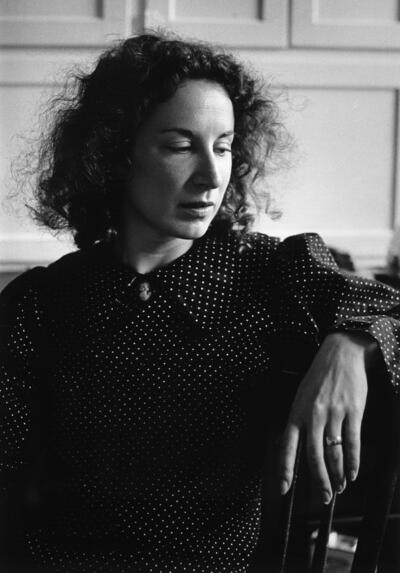
At the same time, he also recognized in retrospect that the magazine had a mostly white-only staff with a mostly white readership. That concerns him looking back. “We offered good coverage of Ottawa politics and some lively commentary on books and popular culture,” he notes, “but I do wonder now if we could have somehow found more ways to speak to and about the country’s visible minority populations and to Canada’s one million Indigenous people.”
It’s a grand gesture, but the magazine remained very much an upper crust white person’s read during his time as an editor and writer there. He offers much praise for the writers he met, interviewed and published. However, there were moments in the book when I found myself hoping he might drop his guard a little further than he dared.

I also found his acceptance of Conrad Black was hard to take. Black played a major role, with his libel chill strategy, at stifling much good investigative journalism. Many of us could not accept his brash, boastful, pre-Trump attitude and behaviour. Apparently, Galt had little problem with it.
On the other hand, under Fraser, Galt was never openly censored or victimized by Black’s ownership. He helped many of Canada’s top writers through his review section. Anne Michaels, Ronald Wright, Don Gillmor, and Doug (a.k.a. George) Fetherling are just a few of the young writers who flourished in the pages of Saturday Night under his guidance.
As his career wound down, he published Scribes and Scoundrels, his satirical look at media, and became active in helping writers through fundraising and his role at the Writers’ Trust. He focused his work for PEN Canada on helping imprisoned writers. All in all, a highly creditable career despite his father’s rejection of it.
I’m just checking my freelance correspondence from the 1990s. I can’t find a rejection letter from Galt. If he did bother, I’m sure it would have been a thoughtful, sensitive, and encouraging note to another struggling writer.
*
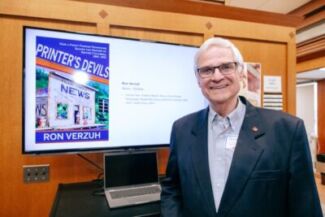
Ron Verzuh is a writer and historian. [Editor’s note: Ron has recently reviewed books by David Lester and Marcus Rediker with Paul Buhle, David Spaner, Ken McGoogan, Dietrich Kalteis, Grant Lawrence, and Howard White for The British Columbia Review.]
*
The British Columbia Review
Interim Editors, 2023-25: Trevor Marc Hughes (non-fiction), Brett Josef Grubisic (fiction)
Publisher: Richard Mackie
Formerly The Ormsby Review, The British Columbia Review is an on-line book review and journal service for BC writers and readers. The Advisory Board now consists of Jean Barman, Wade Davis, Robin Fisher, Barry Gough, Hugh Johnston, Kathy Mezei, Patricia Roy, and Graeme Wynn. Provincial Government Patron (since September 2018): Creative BC. Honorary Patron: Yosef Wosk. Scholarly Patron: SFU Graduate Liberal Studies. The British Columbia Review was founded in 2016 by Richard Mackie and Alan Twigg.
“Only connect.” – E.M. Forster
2 comments on “Making his way with words”